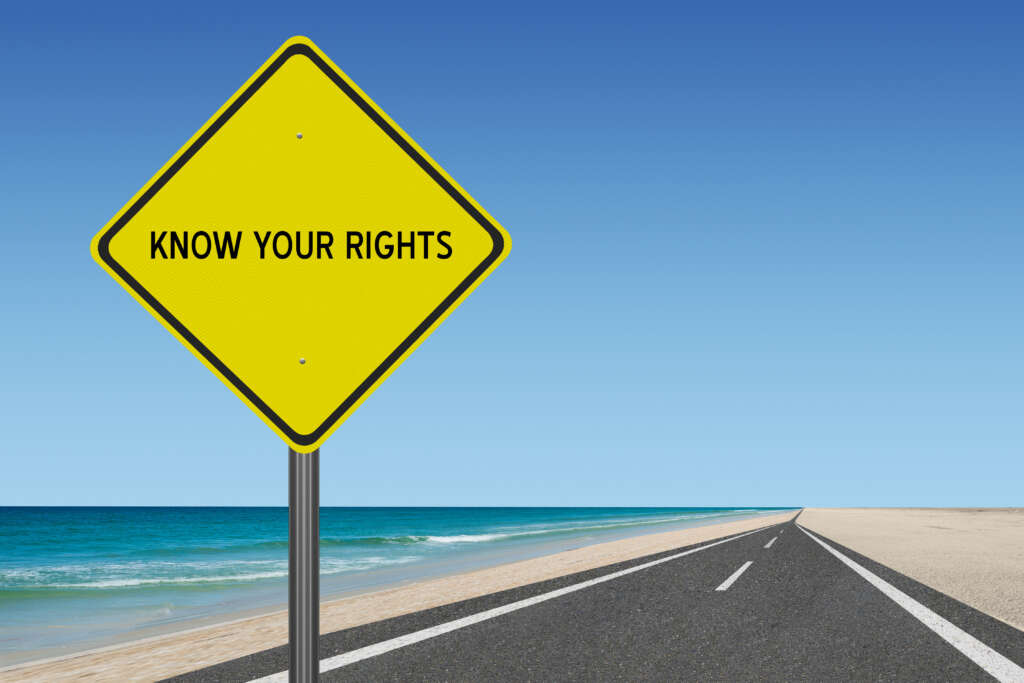The Right to Jury Trial: When to Demand Your Day in Court
Share This Article
The judge seemed skeptical of your personal injury claim, but twelve ordinary citizens might see things differently. Your right to a jury trial represents one of the most powerful tools in the American legal system, yet many people don’t understand when they can demand one or why it might change the outcome of their case. This constitutional protection can mean the difference between a dismissed claim and substantial compensation.
Understanding Your Constitutional Right
The Seventh Amendment guarantees your right to a jury trial in federal civil cases involving more than $20, while state constitutions provide similar protections in state courts. This right applies to most disputes over money, property, or personal injuries, but not to all legal proceedings.
You can typically demand a jury trial for:
• Personal injury cases including car accidents, medical malpractice, and slip-and-fall incidents
• Contract disputes over payments, business agreements, or breach of warranty claims
• Property disputes involving ownership, boundaries, or damage to real estate
• Employment discrimination and wrongful termination lawsuits
• Product liability claims against manufacturers for defective or dangerous products
The key factor is whether you’re seeking monetary damages or other legal remedies available at common law. Courts sometimes deny jury trials for purely equitable relief like injunctions or specific performance orders.
Warning: You must formally request a jury trial within specific deadlines, usually 10-30 days after the lawsuit begins. Missing this deadline typically waives your right permanently, even if a jury trial would benefit your case.
When Juries Work in Your Favor
Juries often decide cases differently than judges, especially in cases involving emotional damages, corporate misconduct, or sympathetic plaintiffs. Consider demanding a jury trial when your case involves significant pain and suffering, emotional distress, or life-changing injuries. Juries typically award higher damages for non-economic losses because they can relate to human suffering better than judges who see similar cases daily.
You’re also more likely to succeed with a jury when fighting large corporations, insurance companies, or wealthy defendants. Juries may be more willing to hold powerful entities accountable and less influenced by repeat litigation tactics that work on judges. Similarly, if your opponent has technical legal defenses that seem unfair to ordinary people, complex contractual language or legal loopholes that might convince a judge could backfire with jurors who focus on fairness rather than legal technicalities.

Strategic Considerations Against Jury Trials
Sometimes a judge trial serves you better. Avoid jury trials when your case involves complex legal issues requiring specialized knowledge. Patent disputes, intricate business valuations, or technical regulatory violations might confuse jurors who lack relevant expertise.
Also avoid juries when you have unsympathetic facts that make you look bad, even if you’re legally correct. Juries might rule against you based on emotions rather than law, especially if your opponent seems more likeable. Similarly, claims that challenge popular beliefs or involve minimal damages often fare better with judges.
How to Preserve Your Right
You must formally request a jury trial within specific deadlines, usually 10-30 days after the lawsuit begins. Federal courts require jury demands within 14 days of filing your answer or reply. Missing this deadline typically waives your right permanently.
Your demand should clearly state you’re requesting a jury trial on all issues triable by jury. Some courts require a jury fee, typically $40-500, when filing your demand. Don’t assume your lawyer will automatically request a jury trial. Discuss this strategy specifically and confirm the demand gets filed on time.
If you proceed to trial, you’ll participate in jury selection, where potential jurors go through voir dire (questioning about their backgrounds and potential biases). This process helps identify jurors who might be unfair to your case, and you can challenge them for removal.
The Power of Jury Trial Leverage
Sometimes the mere threat of a jury trial encourages better settlement offers. Insurance companies and corporate defendants often prefer predictable judge decisions over potentially unpredictable jury verdicts. Your willingness to go to jury trial signals you’re serious about your case and confident in your position.
Many cases settle during jury selection or early in trial when opponents see how jurors react to evidence. This gives you additional negotiating opportunities that might not exist in judge-only proceedings.
Your right to jury trial represents a fundamental democratic principle: ordinary citizens deciding disputes between their peers. When judges seem biased, legal technicalities obscure justice, or powerful opponents try to intimidate you, demanding your day in court before a jury of your peers can level the playing field and deliver the justice you deserve.


